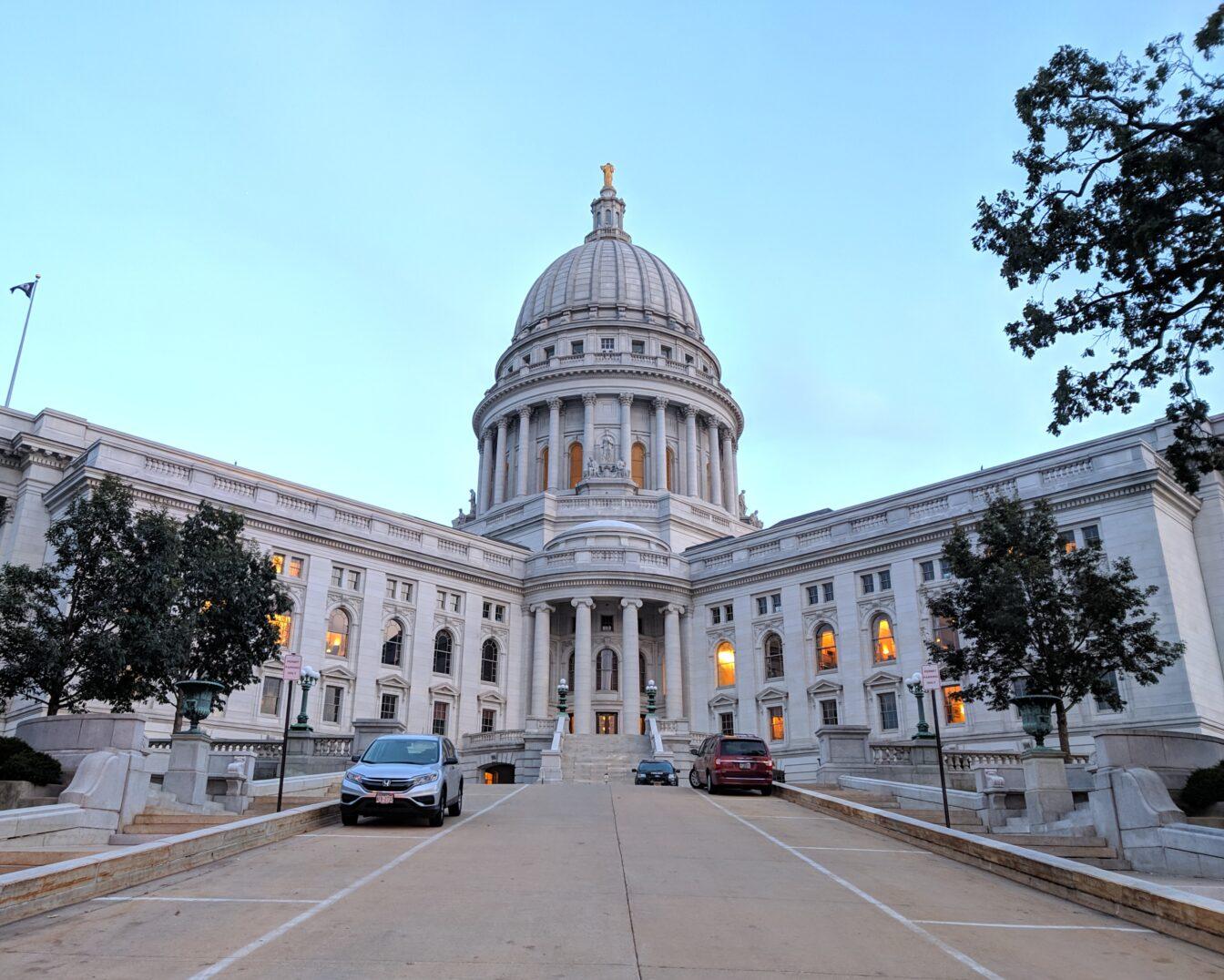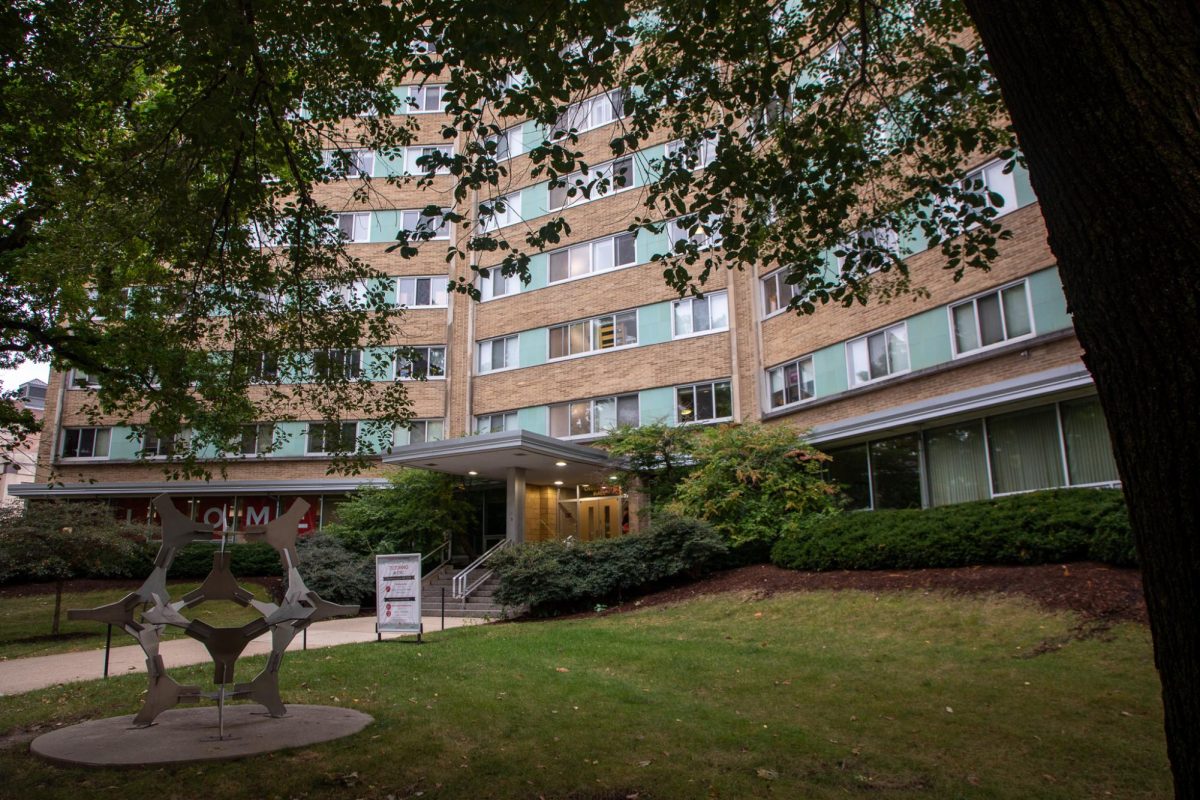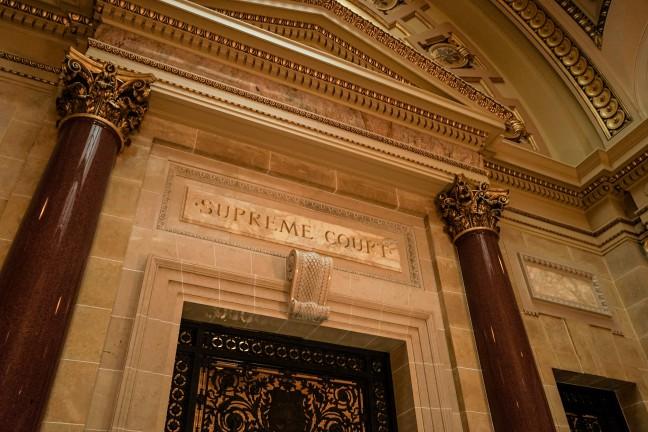After longtime Wisconsin Secretary of State Doug LaFollette stepped down from his position, Gov. Tony Evers appointed Sarah Godlewski, the former State Treasurer to the position. This controversial move has drawn questions about whether Evers should have held a special election, which is allowed by state law.
Is concern over the appointment merely political, or would a special election be the most democratic move?
Point: Appointment is acceptable, Republican backlash is political
Evers’ decision to appoint Godlewski without a special election has been met with criticism from Republicans.
A Wisconsin statute states that the governor of Wisconsin can call a special election to fill a cabinet position if they choose, but simply appointing a cabinet member to this position poses no legal problems. Republicans in the legislature are criticizing the move claiming that Evers must hold a special election to fill the position in order to best suit the needs of the people.
Since Evers was elected in the most recent election by the people, and the appointment of Godlewski is perfectly legal. According to Wisconsin Public Radio, Evers should not have to hold a special election for the secretary of state position. Republicans posit that the people were not able to choose who they wanted for the Secretary of State position because of the appointment.
But the people elected a Democratic governor with appointment power, so in a sense, they gave delegated cabinet decisions to Evers.
Asbury’s break from United Methodist Church represents direction of progressive adaptation
Contrary to Republican criticisms, Evers is not being undemocratic by not holding a special election. A special election for such a role would likely take a lot of time and resources to complete, so the role would be empty for some time. Evers was acting within the law in his appointment and filled the role in the most efficient manner.
The complaints Republicans are making are not necessarily genuine. The main reason Republicans would benefit from a special election is the chance that a Republican could be elected into the position. Over the course of LaFollette’s tenure, the Republican legislature has stripped the Secretary of State of most of its power. So currently, the party of the person in the office has little importance.
Therefore, the argument that the people should decide is in the interest of the Republican Party, not in the people’s interest.
Critically, Republicans are starting discussions about delegating more election administration responsibilities to the Secretary of State. This would likely only occur if a Republican was elected to the position, which raises valid concerns, considering the efforts of some Wisconsin Republicans to decertify the 2020 presidential election results.
Ultimately, Evers should not have to host a special election to fill the position of Wisconsin Secretary of State because his appointment is legal and the people chose to elect a Democratic governor and cabinet.
Emily Otten ([email protected]) is a junior studying journalism.
Firearm-related suicide prevention represents crucial starting point for gun control
Counterpoint: Evers must listen to the will of the people, call special election
La Follette has held the position of Secretary of State for nearly 50 years. In his resignation letter, La Follette cited his frustration at the resources and powers that have waned over the years as why he chose to step down. The office used to hold more robust powers, yet now is relegated to a cramped office in the basement of the Capitol.
Evers’ new appointment is highly controversial, especially among state Republicans. Under Wisconsin law, Governor Evers can make an appointment under such circumstances, but he could call for a special election to allow voters to elect a new Secretary instead.
So, when Evers appointed a Democrat — who failed in her bid for U.S. Senate last year — to fill an elected cabinet position so quickly after the beginning of a term, voters have a right to feel disgruntled.
Godlewski, the new Secretary, did not make it out of the partisan primary last Senate election. Wisconsin Republicans see this recent appointment as a quid pro quo in which Evers offered Godlewski a “soft landing” in return for conceding to Mandela Barnes.
La Follette barely won his own election. The race between La Follette and his Republican opponent, Amy Loudenbeck, came down to 7,442 votes. Given the highly competitive nature of the election for Secretary of State, Evers’ choice to appoint a new Secretary that Wisconsin voters did not vote for instead of holding a special election is an undemocratic move that ignores the will of the people.
Yes, Wisconsin Republicans have openly talked about eliminating the bipartisan Wisconsin Election Commission that oversees elections and giving the power to the Secretary of State. Doing so would place Wisconsin election results directly in partisan hands.
Though the Republican majority in the legislature could push such a move through, it has not happened yet because of La Follette’s Democratic occupation of the office. The Republican motivation to hold a special election is quite clear — replacing La Follette with a Republican who has no problem bending to the GOP’s will.
Yet even with this understanding, Evers’ choice not to call a special election to maintain Democratic control over the office of the secretary of state remains offensive to the Wisconsin electorate. Voters simply didn’t choose Godlewski.
This early into the term, Godlewski will remain in office for over three more years — without consent from the people of Wisconsin. Given the increasingly polarized battles over power in government, the time to let voters decide — rather than the political establishment — must be restored.
Jack Rogers ([email protected]) is a freshman studying economics and Chinese.














